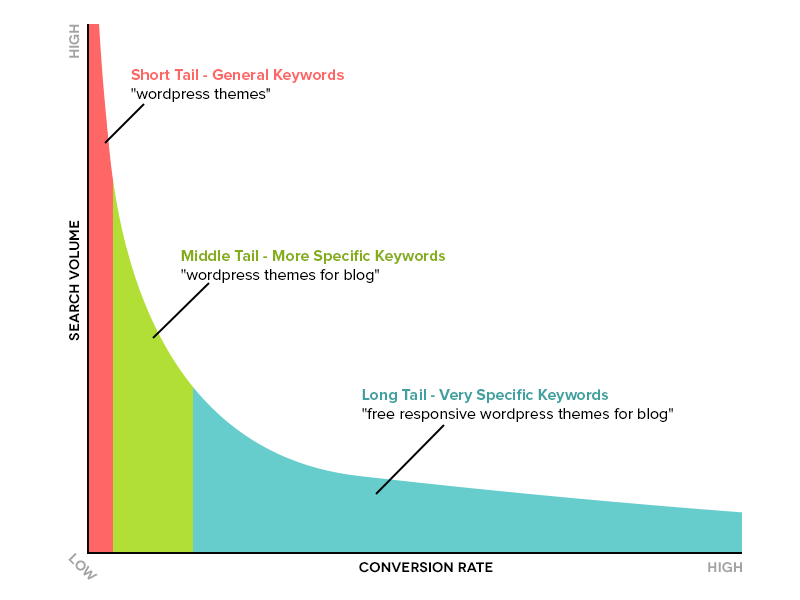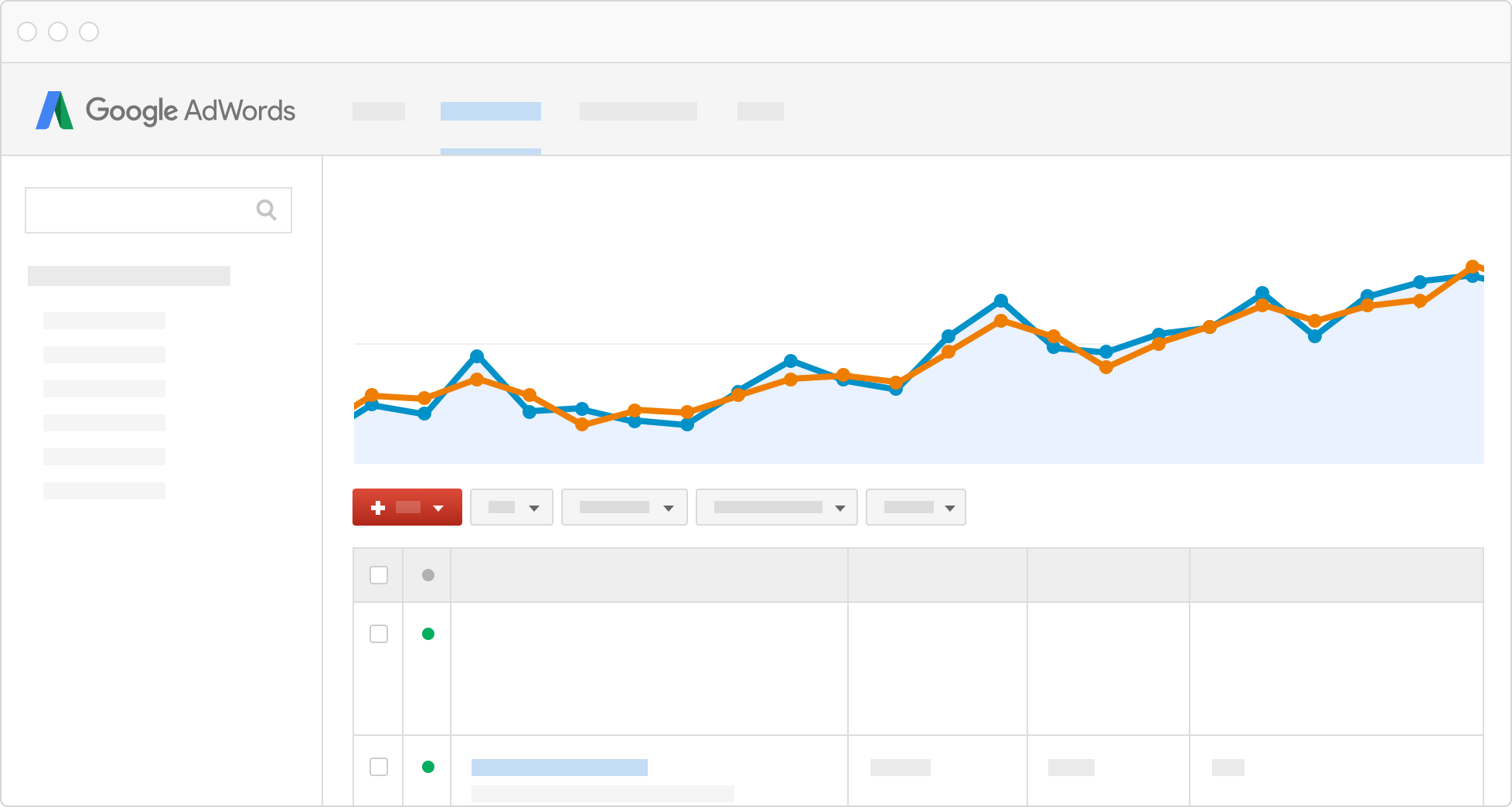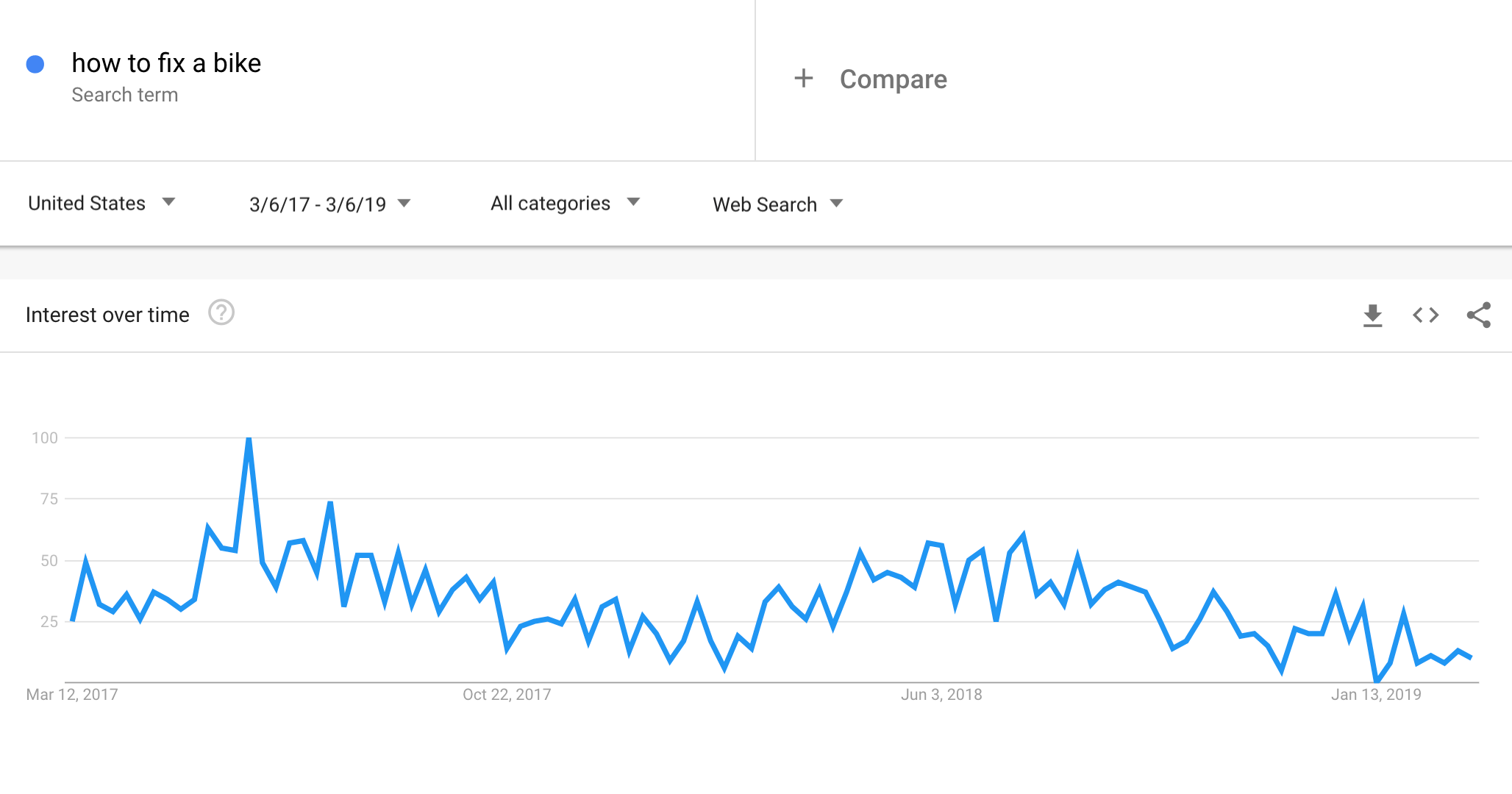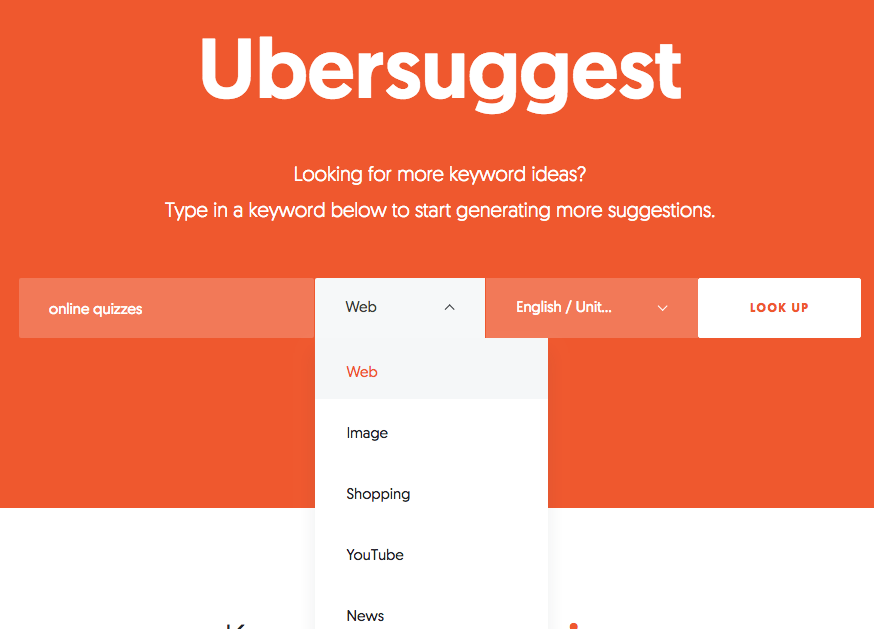Best Keyword Research Tips For SEO
What is Queries and Type of Queries
Fundamental of keyword research is to understand different types of queries. All the phrases and words that are type in the Google Search box that will eventually pull out the results serve multi-purpose to the audience. There are 3 main types of queries which include
- Navigational search queries
Navigational search happens when someone is looking for a particular website. For example, when you entered “Facebook” in the search box, it is considered a navigational search. The user has a very clear keyword search intent and they know which website they want to visit in their mind.
- Informational search queries
When you want to bake a cake during the COVID-19 pandemic while staying at home, you will eventually type in “how to bake a banana cake’’, which will be categorised under informational search. To put it in simple word, you want to gain the answer from a question or you wish to learn something new.
- Transactional search queries
During the global pandemic period of time, there are plenty of people who spend more time to shop at some online marketplace and online boutique for instance “Lazada, Shopee, JD sport, Pomelo Clothes, and much more. This is indicating some transactional search queries, which include the process of purchasing on the website.
By understanding all the categories in your queries, you can perform your keyword research plan easier and strategically.
Why Keyword Research Is Important?
Keyword research is a crucial process to look for terms and short sentences that people will potentially type on the search engine to search for what they want and seek. By doing keyword research, you can determine your targeted audiences by narrow down to a relevant niche in your industry. By understanding what people are searching, you are putting yourself in a powerful position to help them solve their problems. Additionally, it helps to enhance the overall and long-term marketing effectiveness of the company as well.
How To Perform Keyword Research For Your Website?
#1 Keyword research tells you the topic that people care and interested in your business. Hence, try to put yourself at the targeted audience’s perspective and list down all the relevant topics that you can think of and extend the reach. You can have a general topic and if you are lack of topic, you can always search online for reference and inspiration or brainstorming with your colleague, friends, and even family to discover the right keywords!
#2 Now that you have a handful of topics on your paper, it is time to identify the keyword that matches the topic. The keywords must be very specific that fall into the range of that people will normally type in the search engine. The specific terms that your targeted audience is probably conducting those searches online. A small tip here: You can always go to Google.com, type in a general phrase and scroll to the bottom of the page. There is where you can find a list of related suggestions of phrases to your original input.
#3 Always understand the keywords used by your competitor. This does not mean that you have to copy-paste whatever your competitors are doing but try to improve it by modifying the keywords that they have used for better ranking. If your competitors missed out on some phrases, it might be a good chance for you to own market share on the keywords too.
#4 A short tail keywords contain 3 phrases while long-tail keywords contain more than 3 phrases. Each of these types of keywords has its pro and cons. If you wish to increase the traffic of the website, short tail keywords can help a lot. However, it is commonly used by many websites and the competition is strong. Whereas long-tail keywords tend to be more specific and descriptive and allow you to target your ideal customers. Plus, the competition is much lower than the short-tail keywords so it’s easier for us to optimise with a lower cost has to be incurred.
#5 Last but not least, remember to back your keyword up with useful and informative content. Do not simply insert the keyword in your content just for the purpose to rank up your website. It could end up that your targeted audience will be frustrated and bounce away from the website. Make sure that the keyword that you selected is relevant to your content.
What Is Keyword Research Tool?
In order to perform basic keyword research for SEO, there is some budget-friendly tool that can be used to find high-value keywords that people are searching efficiently.
Google Adwords Keyword Tool is a great tool to give you a variety of suggestions. You can type in any word, phrase, and category which are related to your business and see exactly how many people are searching the word locally and even around the whole world. When you look into more detail, you can find out the keywords that are ranked by your competitors. You can also have access to know one hundred keywords from their website.
Besides that, you can explore what is a hot and trendy topic and help you decide the keywords that you want to rank by using Google Trends. The analysis is segregated by region and there is a list of related topics and related queries. The terms are arranged according to their rising popularity.
Soovle is another useful tool that is free that imitate the autocomplete feature of Google to generate keywords. Once you type in terms or phrases, there are a bunch of suggestions keywords that not only come from Google but at the same time, it also generates the keywords from other sources such as Yahoo, Bing, YouTube, Bing, Amazon, and Wikipedia. Trust me, you will definitely in love with this great tool!
There is another tool called Ubersuggest. This tool breaks down the results in every detail. By typing in the keyword that you want to look for, you can check out the traffic and SEO analyzer to obtain the relevant information. With this tool, it is easy and convenient for you to review every single keyword that you are going to use.
Similarly, WordStream Free Keyword Tool is one of the budget-friendly tools that work quite identically to the Google Keyword Planner. You will get a supply of keywords when you enter a term or a website link. Plus, they will send you all the keywords if you are able to share them with your email address.
When it comes to keyword research, it is always tough at the beginning but the more you explore, the better you are when it comes to planning keywords and implement it.
Do check out other blogs for more useful tips, click HERE to contact us if you have any doubts. See you!









